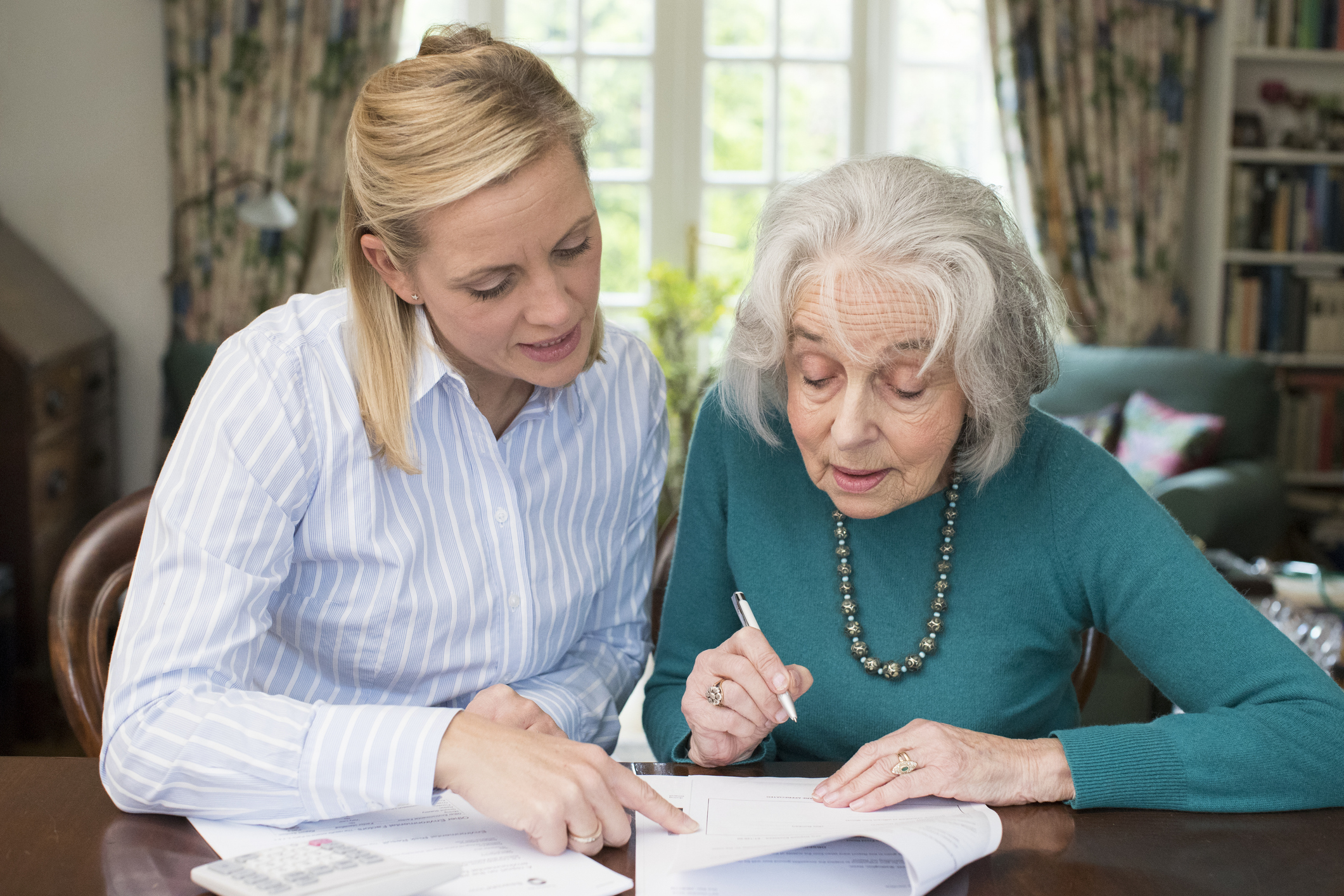Call me on 01245 203902
NO ONE WANTS THEIR HOME TO BE USED FOR CARE FEES
That’s obvious. After working for a lifetime and paying vast amounts of tax, most people are very keen to avoid their largest asset (often their home) being used to pay for care fees.
What can be done to avoid care fees?
Avoiding entering a care home is a simple way of doing this. But many people may have no choice and despite the fact it may be a nice idea to live with supportive children, this can put a vast amount of pressure on family relations and may not be what all parties want, in any event.
What about giving your home to the kids?
I have seen arrangements where this has been done in the past in an effort to avoid care fees being paid. Doing this is generally not a great idea, however, for a number of reasons, including the following:
- If a parent falls out with a child, realistically, the child could ask mum, dad or both to leave the property and could effectively force the sale of the property in many cases. It would obviously be hoped this wouldn’t happen but this can’t be taken for granted in every case!
- If a child entered financial problems and they owned a share of the property, their creditor could pursue this in satisfaction of the debt owed. Not a comfortable position for parents to be in.
- If a child went through a rocky patch in their marriage, a spouse could potentially start a divorce whereby the property interest could be at risk of a claim. This will be regardless of the fact that parents may be living in the property.
- In addition, there are no Inheritance Tax benefits of giving a property away and continuing to remain in occupation as the Revenue would consider this to be a Gift with Reservation.
The final issue with this arrangement is that if children did receive a share of the property but were not living there, and it increased in value over the course of time, they will be liable for Capital Gains Tax on the profit made whilst they held an interest in it, once the property was sold.
All in all, perhaps not the best idea to transfer property to children during the parents’ lifetimes.
A better option to protect the home
Generally, the best option revolves around life interest trust Wills to protect a half share of the property, after the first death. Effectively, on the first death, the first deceased would leave their half share of the matrimonial home into a life interest trust whereby the surviving spouse would benefit for life and on their death the half share of the property that had been held in trust would pass out right to the ultimate beneficiaries, normally children.
What about Inheritance Tax?
This arrangement is entirely Inheritance Tax neutral and still allows all nil rate band allowances to be preserved for the surviving spouse’s estate.
What if the surviving spouse enters long term care or remarries?
This does not cause a problem as the share of the property given by the first deceased into a trust does not belong to the surviving spouse, and they cannot therefore lose this through bad financial planning, gifting, changing their Will or indeed entering long term care.
Does the property ownership need to be looked at?
Yes, this should always be examined carefully in order to make sure that the arrangement can work. It is a possibility that the joint tenancy may need severing.
About me - Wills Probate Solicitor Essex
I am a Private Client Solicitor with 25 years of experience in looking after clients in this field. Private Client work covers a large number of areas including Will drafting, estate/Probate administration, Inheritance Tax advice, preparation and registration of Lasting Powers of Attorney, trust administration and various other areas.
I have been the Senior Partner of Leonard Gray Solicitors in Chelmsford, Essex and have acted for a large number of high net worth clients over the course of time, many of who have not had simple or easy situations to cater for. I have drafted thousands of Wills, have dealt with hundreds of estates and really enjoy ensuring that clients are properly looked after in the best way that leaves nothing to chance.
I have acted for a large variety of clients over the course of time including multi-millionaires, farmers, business owners and those of more modest means.

Latest Articles
Trusts – HMRC Trust Registration Service – Do you need to register your trust?
Is it necessary to register all trusts with HM Revenue and Customs? CONTENT COMING SOON.
Wills and Estate Planning – Should you own your home as joint tenants or tenants in common?
Joint tenants or tenants in common - does it matter? CONTENT COMING SOON.
Trusts – How can a trustee be removed from a trust if they have lost mental capacity?
How can a Trustee be removed if theY have LOST MENTAL CAPACITY? CONTENT COMING SOON.
Call me on 01245 203902
Private Client Services
Contact me







